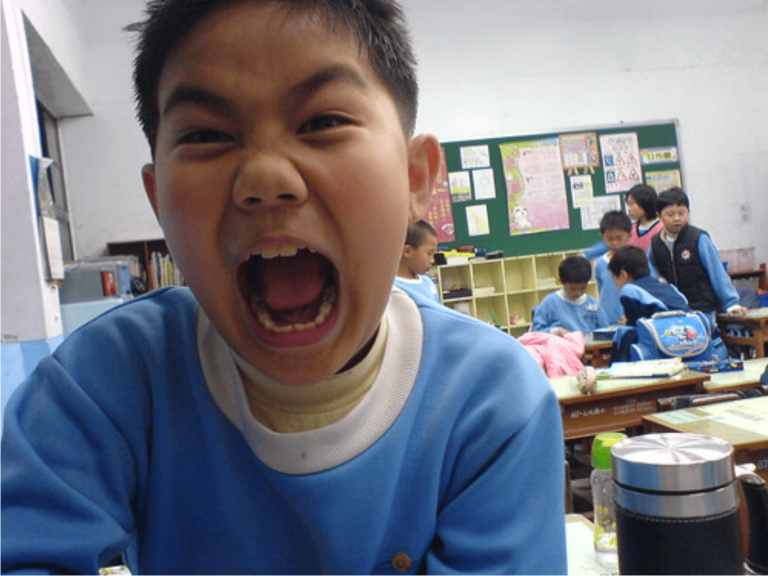How to Love Unlovable Students
Author: G. Connor Salter
Students can seem unlovable sometimes.
Yes, some teacher-student problems involve adjustments you must make (like special needs you didn’t realize). But sometimes students are clearly behaving poorly. How can teachers have empathy and help them behave better?
We’ve compiled a few tips to help:

Consult other teachers about the student. Speak with other teachers who have the same pupil. See if the student behaves differently with others. Do they respond better to male or female teachers? Ask how these teachers handle the situation. Other teachers’ perspectives will provide solutions, and help you see you’re not alone in this struggle.
Recognize students have stories you don’t know.
Everyone behaves based on what’s happened to them in the past. Some experiences like abuse or neglect impact students’ behavior in ways you can detect. Other times, students have experienced subtle pain. Maybe their parents are difficult without being violent, yet they don’t realize their children emulate that dysfunctional behavior.
As you recognize how past pain informs your student’s behavior, you can find empathy to help them behave in a more acceptable and healthy way. Depending on your school’s policies, you may not be able to ask for too many details. But you can learn while still respecting proper boundaries.
If your student has triggers perhaps you can counteract those. For example, if you are a male teacher and your student has an absent or critical father, make a point to compliment them for good work.
Avoid aggressive body language around students.
If you have been teaching for some time, you’ve probably noticed how students react to your body language. Do you fold your arms when you sit down? Do you naturally speak in a loud voice? Do you speak in short sentences that sound blunt?
Consider how you appear to others. Try to use less threatening body language while still being firm. Use care when making certain facial expressions that could unintentionally come across as disapproving or even belittling.
Use consistent standards with students.
You may be tempted to avoid communicating with difficult students. However, being passive often gives them permission to keep disrupting things.
Make your standards clear, and keep enforcing them. If you say you will send them to the principal’s office after a set number of warnings, follow that policy strictly. If students ask why you have certain policies, explain but don’t change depending on the student. It will come off as playing favorites.
Finally, it’s perfectly fine to may make alternative arrangements for students with issues beyond their control. If they don’t complete online assignments because of no home Wi-Fi, provide printed assignments or arrange school computer time. You can handle unavoidable problems and still have consistent standards.
As difficult students see you maintaining policies, they will realize you won’t cave under pressure. Their behavior will change.
Your job is hard and it can feel like you are wearing several hats as you help kids navigate this world. Your stress is compounded when pupils are unruly or have behavioral problems. But with support from your colleagues and a little patience, you can make a positive difference even for the most difficult of students.
This post focuses on students whose difficult behavior isn’t caused by trauma. For handling that situation, read “Eight Creative Activities For Students Suffering From Trauma.”
About the Author

G. Connor Salter is a writer and editor, with a Bachelor of Science in Professional Writing from Taylor University. In 2020, while working as a journalist for the Fountain Valley News, he won First Prize for Best Feature Story in a regional contest by the Colorado Press Association Network. He has contributed over 1,000 articles to various publications, including Mythlore and An Unexpected Journal. Find out more about his work here.

